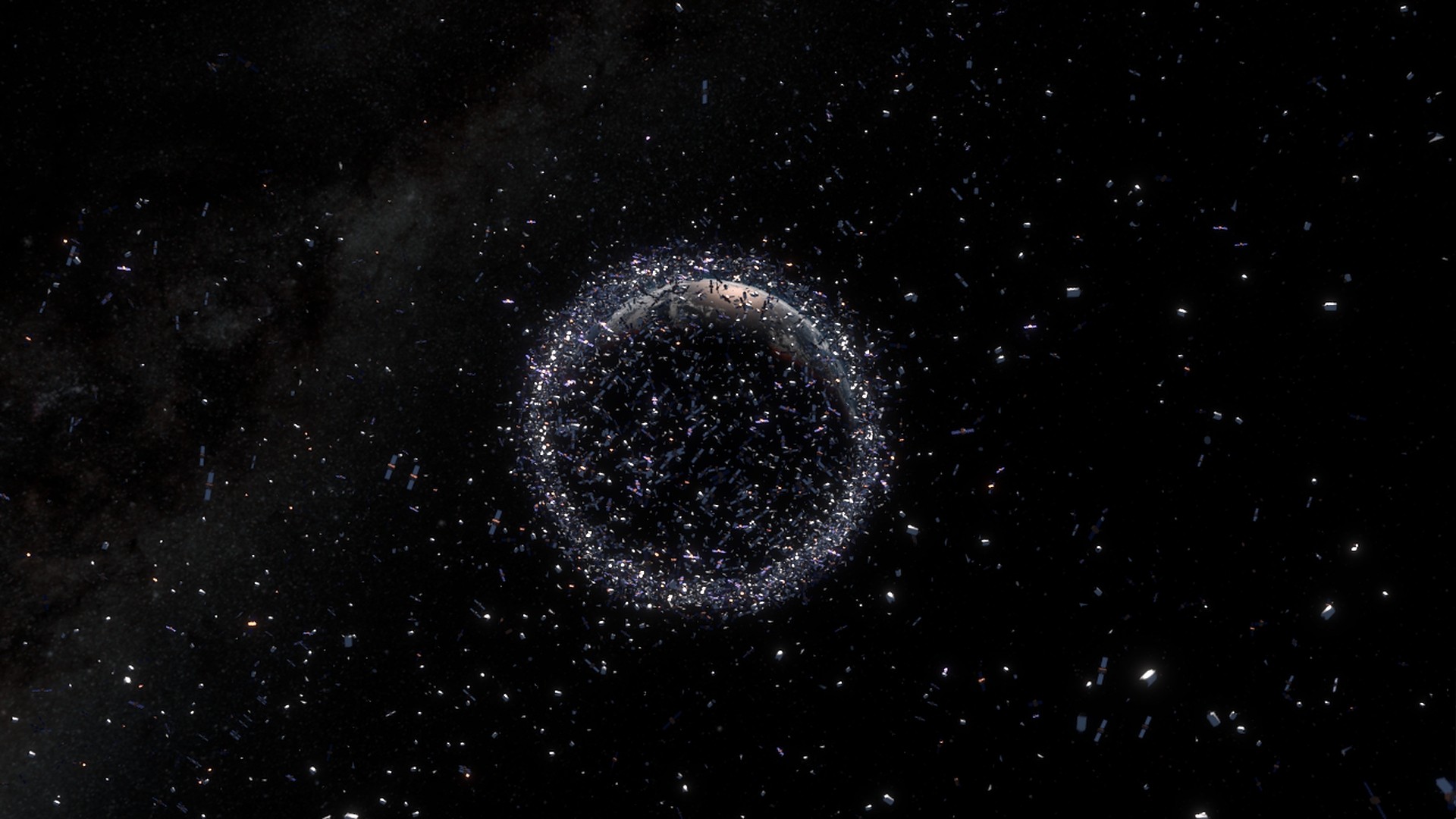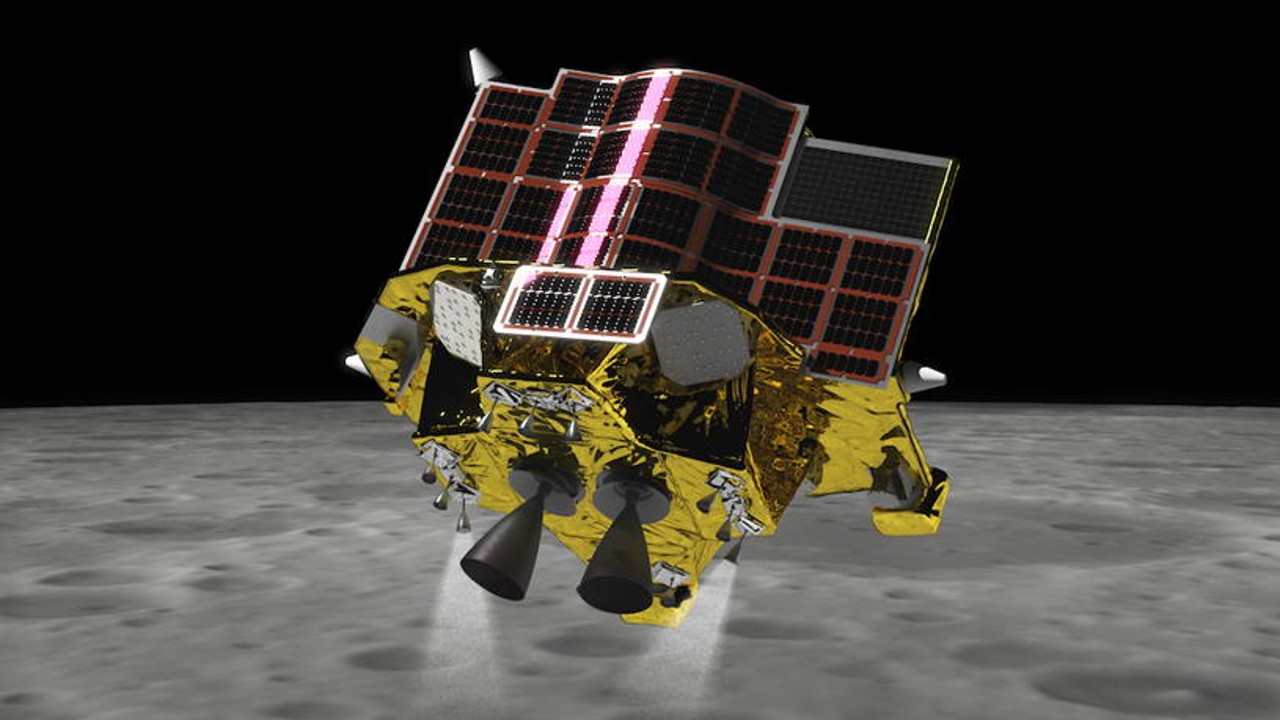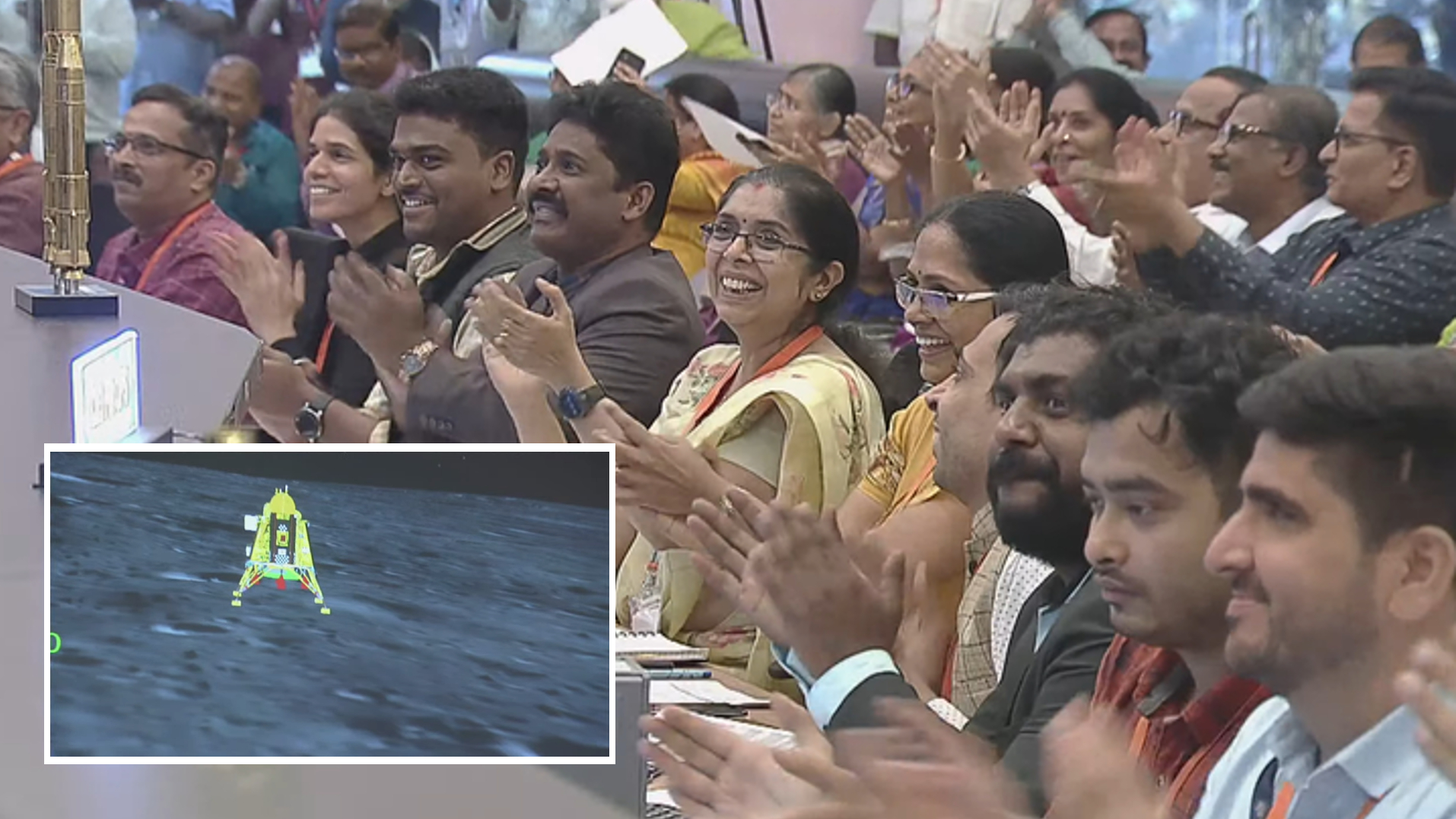
Mariel Borowitz
Mariel Borowitz is an Associate Professor in the Sam Nunn School of International Affairs at the Georgia Institute of Technology and director of the Nunn School Program on International Affairs, Science, and Technology. Her research deals with international space policy issues, focusing particularly on global developments related to remote sensing satellites and challenges to space security and sustainability. Her book, “Open Space: The Global Effort for Open Access to Environmental Satellite Data," published by MIT Press, examines trends in the development of data sharing policies governing Earth observing satellites, as well as interactions with the growing commercial remote sensing sector. Her work has been published in Science, Strategic Studies Quarterly, Space Policy, Astropolitics, and New Space. Her research has been supported by grants from the National Science Foundation (NSF) and the National Aeronautics and Space Administration (NASA).
Dr. Borowitz completed a detail as a policy analyst for the Science Mission Directorate at NASA Headquarters in Washington, DC from 2016 to 2018. In 2022, she testified to the U.S. House of Representatives Subcommittee on Space and Aeronautics in a hearing titled, "Space Situational Awareness: Guiding the Transition to a Civil Capability."
Dr. Borowitz earned a PhD in Public Policy at the University of Maryland and a Masters degree in International Science and Technology Policy from the George Washington University. She has a Bachelor of Science degree in Aerospace Engineering from the Massachusetts Institute of Technology.
Latest articles by Mariel Borowitz

Space missions are getting more complex − lessons from Amazon and FedEx can inform satellite and spacecraft management in orbit
By Mariel Borowitz, Koki Ho published
Space logistics can be surprisingly complex.

SLIM lander's precise 'moon sniper' tech will lend itself to future lunar missions
By Mariel Borowitz published
The technology that enabled SLIM's precision moon landing could assist future touchdowns by allowing spacecraft to land in relatively small areas amid rocky or uneven terrain.

India's Chandrayaan-3 landed on the south pole of the moon − a space policy expert explains what this means for India and the global race to the moon
By Mariel Borowitz published
India made history as the first country to land near the south pole of the moon with its Chandrayaan-3 lander on Aug. 23, 2023.
Get the Space.com Newsletter
Breaking space news, the latest updates on rocket launches, skywatching events and more!

